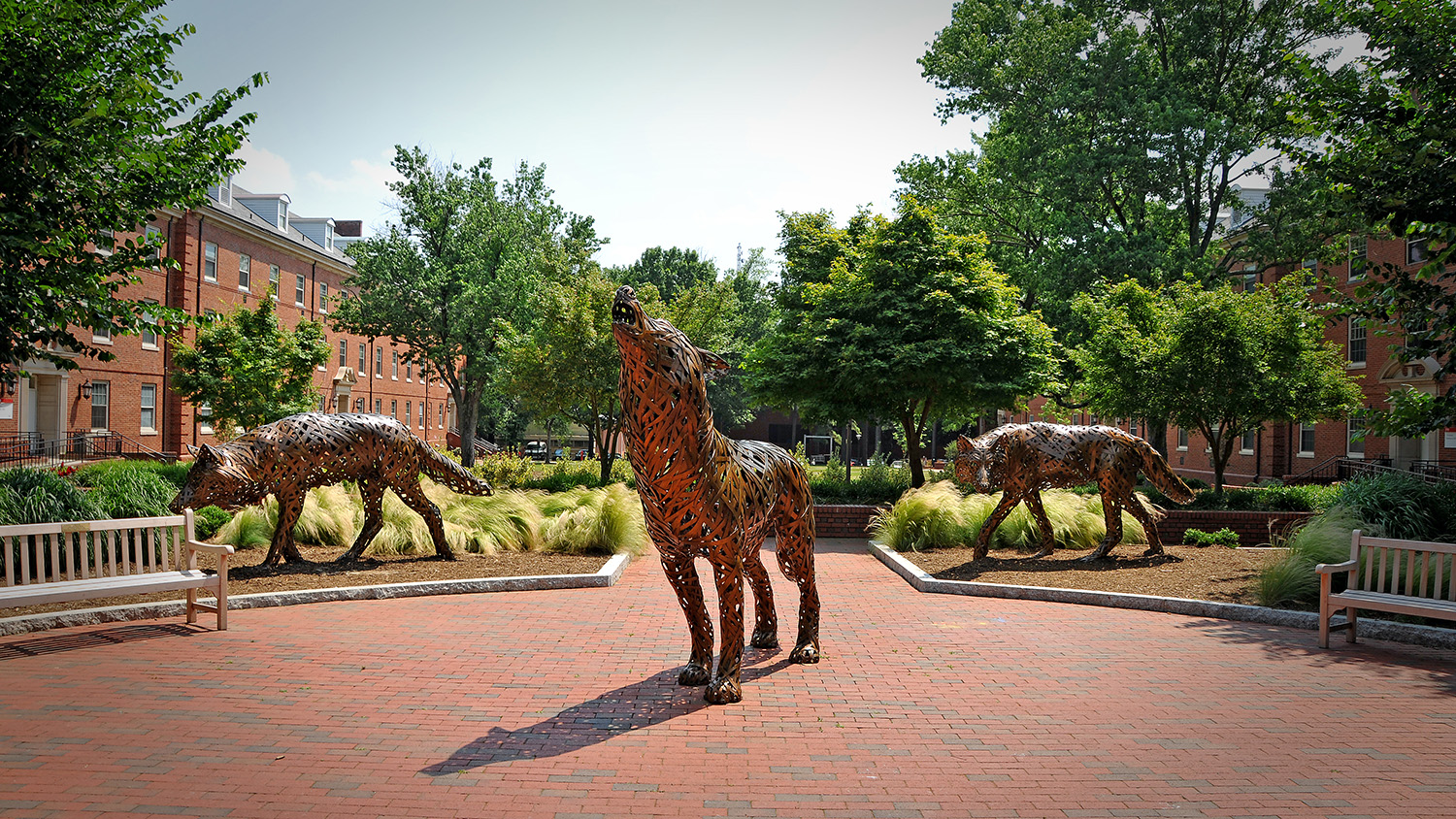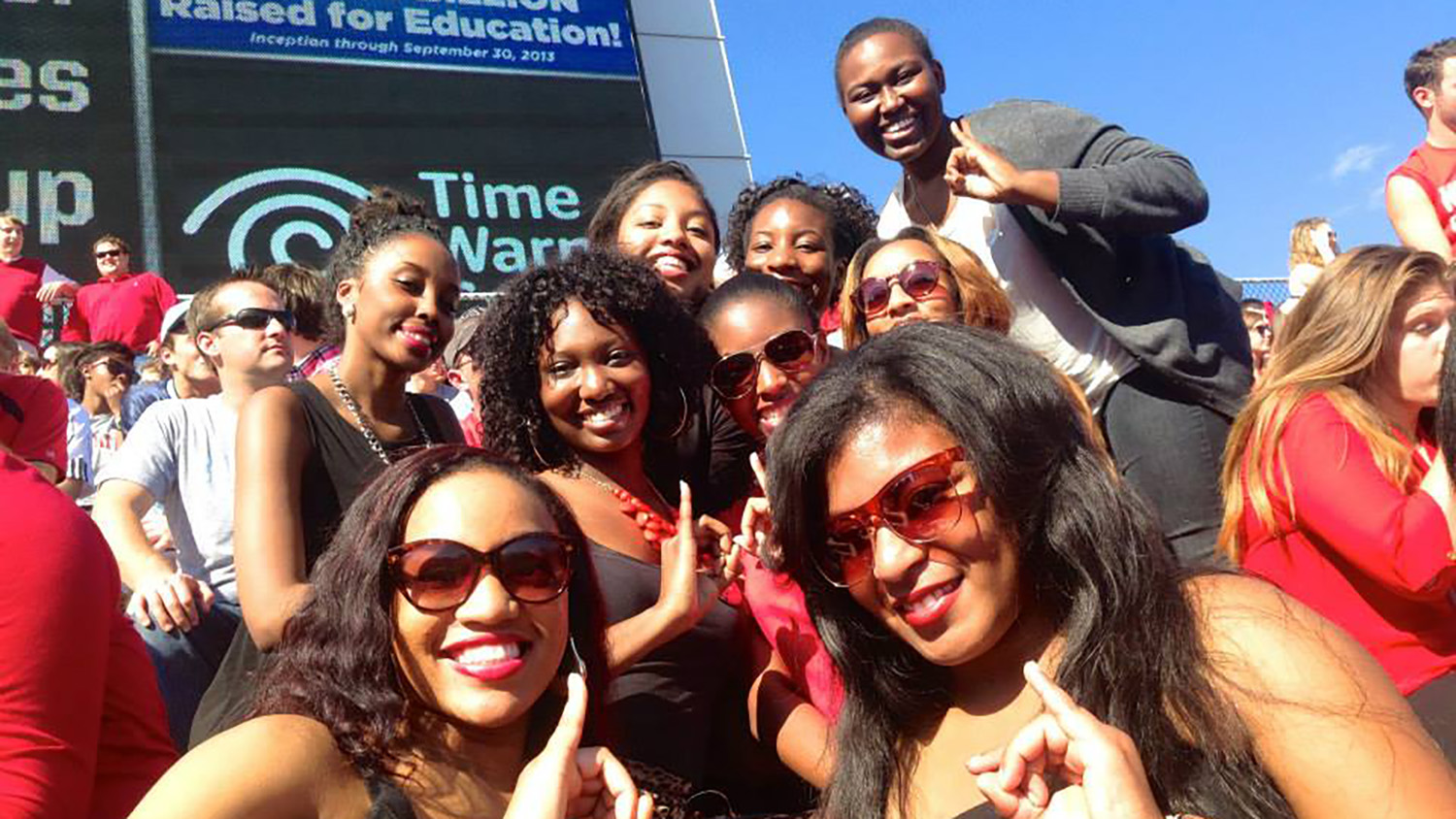Get to Know: Provost Faculty Fellows
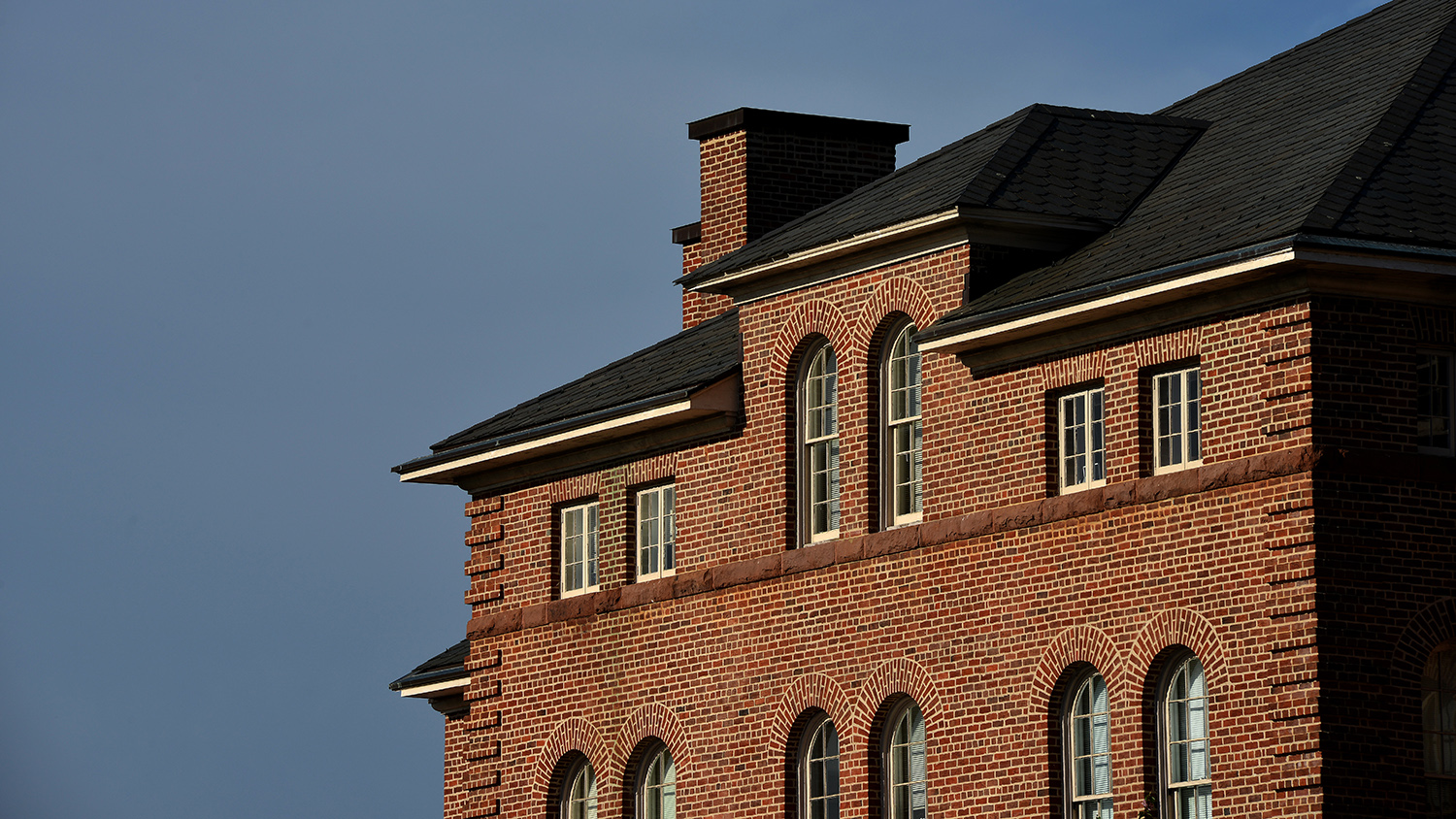
NC State faculty regularly engage in outstanding teaching, research and service, so it comes as no surprise that they’re lifelong learners, too. The university’s inaugural class of Provost Faculty Fellows seeks to become students of university administration in the hopes of better serving the entire campus community.
The program allows talented faculty to explore academic leadership roles through working closely with Provost’s Office staff on meaningful projects. Provost Faculty Fellows will collaborate with mentors — senior vice provosts or vice provosts — on the projects, which align with NC State’s strategic plan.
“Many of the people making up NC State’s administrative leadership have rich academic backgrounds in a wide variety of disciplines,” said Executive Vice Chancellor and Provost Warwick Arden. “Our Provost Faculty Fellows are following in their footsteps, having already demonstrated the highest level of teaching and research excellence, and they will now have the opportunity to learn more about leadership at the highest levels of the university.”
Fellows will have the opportunity to shadow the provost in activities relevant to the Provost Faculty Fellows’ areas of interest, and will have the opportunity to participate in leadership coaching with their mentors. The program echoes the goals of the American Council on Education’s Fellows Program, which focuses on higher education leadership development for faculty across the country. The Provost’s Faculty Fellows Program, however, is specifically for NC State faculty.
Six faculty from a variety of disciplines make up the program’s inaugural class, two of whom are also Outreach and Engagement Faculty Fellows. Get to know the new Provost Faculty Fellows.
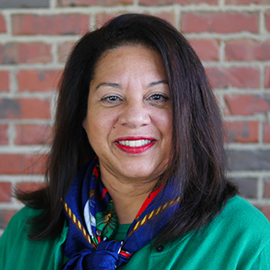 Carolyn Bird
Carolyn Bird
Professor, Department of Agriculture and Human Sciences, College of Agriculture and Life Sciences
Project: The Department Head Professional Development and Support Program will identify opportunities for professional development topics to enhance and expand the department head professional development program. Key strategies include a review of the current climate workshop, a review of existing literature, and interviews with stakeholders, including department heads, deans and faculty members. These activities should result in recommendations for modifications and updates to the department head training curriculum.
Mentor: Katharine Stewart, Vice Provost for Faculty Affairs
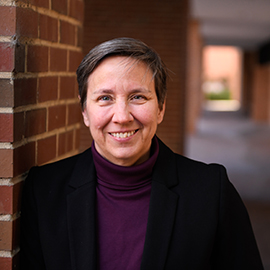 Jane Lubischer
Jane Lubischer
Assistant Department Head, Teaching Professor, Department of Biological Sciences, College of Sciences
Mentor: Duane Larick, Senior Vice Provost for Academic Strategy and Resource Management and Chief of Staff
Project: The current semester will be used to explore possible projects, potentially related to one of the following: defining academic priorities, interdepartmental programs, funding models, or productivity measures. One type of project would focus on the creation of a specific program, such as an interdepartmental/intercollege program for all NC State first-year students. A second type of project would focus instead on developing tools for use in strategic academic planning.
What do you hope to accomplish through the Provost’s Faculty Fellows Program?
The Provost’s Faculty Fellows Program provides an opportunity for me to learn more about academic strategy and resource management at the university level, areas that align well with my interests and experience. I have enjoyed the challenges of working with colleagues to create academic programs that better serve our students and the rewards of hearing from students about their experiences in those programs. I also have had the opportunity to tackle some policy and budgetary issues at the departmental level and look forward to identifying a project for 2019-2020 that will make it easier for faculty to create and implement innovative academic programs for students across NC State.
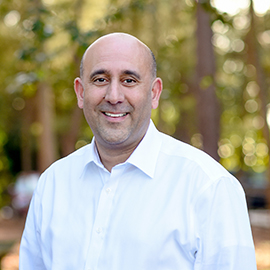 Jason Bocarro
Jason Bocarro
Professor, Department of Parks, Recreation and Tourism Management, College of Natural Resources
Mentor: Katharine Stewart, Vice Provost for Faculty Affairs or Bailian Li, Senior Vice Provost for Global Engagement
Project: One potential project will focus on supporting the needs of non-tenure track faculty. Surveys, focus groups and meetings with deans/department heads will generate ideas to improve the current culture for non-tenure-track faculty at NC State including updated promotion standards and professional development support. A second potential project will focus on helping to plan and implement the 2019 University Global Partnership Network conference, to be held at NC State in April.
What are the practical applications of your proposed project?
American universities across the US are hiring an increasing number of non-tenure-track (NTT) faculty members – these include, teaching professors, research professors and clinical faculty members. There are some estimates that have put the figure of NTT faculty at more than 60 percent. Thus, NTT faculty members have an increasingly pivotal role within universities, including NC State. A project that both looks at their role both now and in the future, their satisfaction and how NTT faculty members can be engaged and valued as well as a greater understanding of a potential career progression would, in my opinion, have tremendous practical application. Indeed, over the past three to five years, more universities
have started to overhaul, reclassify and rethink how NTT faculty are promoted and rewarded, particularly as NTT faculty have become more essential to the operation of
the university than they were five-10 years ago.
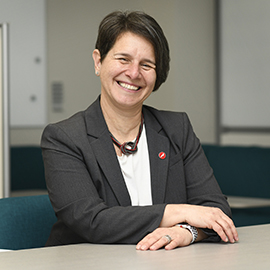 Paola Sztajn
Paola Sztajn
Associate Dean for Research and Innovation, Professor, Department of Teacher Education and Learning Science, College of Education
Mentor: Tom Miller, Senior Vice Provost for Academic Outreach and Entrepreneurship; Katharine Stewart, Vice Provost for Faculty Affairs
Project: The overarching goal of the Faculty Innovation and Entrepreneurship project is to investigate the set of behaviors and rewards used in higher education (e.g., reappointment, promotion, and tenure (RPT); standards; metrics; operating procedures) to encourage faculty innovation, creativity, and entrepreneurship. Although there exists at NC State initiatives designed to foster innovative scholarship (e.g., faculty realms of responsibility beyond teaching, research and service; Chancellor’s Innovation Funds, Chancellor’s Faculty Excellence Program), more work is needed to incentivize faculty to become innovators, creators and entrepreneurs. Deliverables include a project report with suggestions for processes, behaviors and norms that can foster faculty innovation, creativity and entrepreneurship at NC State; and the creation of seminars for tenure-track and tenured faculty on improving innovation, creativity and entrepreneurship.
What are the practical applications of your proposed project?
My project can help us think about the role of faculty and their research in current times, examining innovative ways in which faculty work can impact society. The project provides a way to re-consider faculty work and also new venues to expressing the importance of faculty research.
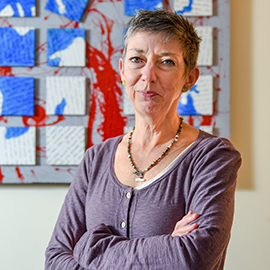 Janice Odom (also Outreach and Engagement Faculty Fellow)
Janice Odom (also Outreach and Engagement Faculty Fellow)
Director, Caldwell Fellows Program
Mentor: Leslie Boney, Director, Institute for Emerging Issues, Vice Provost for Outreach and Engagement
Project: Enhancing Service Learning at NC State will include review of the Provost’s Service Learning Task Force report, assessing the current status of service learning at NC State and identifying obstacles to service learning initiative execution. The project will also focus on the identification of service learning gaps. Deliverables include creation of a service learning strategy, identification of four service learning presenters for the Outreach and Engagement symposium, and coordination of the symposium program.
Why is this a particular area of interest for you?
Service-learning has been a component of my teaching for more than two decades. The connections that emerge through experiential learning make the teaching enterprise a dynamic and creative venture that never ceases to bring surprise and insight. Teaching through service-learning, for me, becomes the challenge of orchestration — the art of creating learning experiences that match to thoughtful reading and reflection, knowing when to raise the tempo and when to step back and allow the learning to flow.
Roger Narayan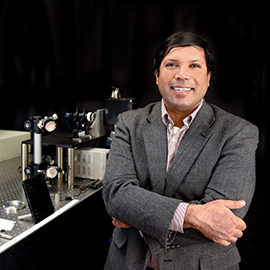 (also Outreach and Engagement Faculty Fellow)
(also Outreach and Engagement Faculty Fellow)
Professor, Joint NC State UNC-CH Department of Biomedical Engineering, College of Engineering
Mentor: Leslie Boney, Director, Institute for Emerging Issues, Vice Provost for Outreach and Engagement
Project: This project will explore best practices for community engagement and the broader impacts for grant applications and meaningful engagement. The project will explore how current engagement trends translate to service-learning courses, and the mechanisms on campus that can help NC State build community engagement more broadly. Deliverables will include a white paper on the trends of broader impacts needed by funders, and identifying two service-learning presenters from STEM fields for the Outreach and Engagement symposium in April.
Why is this a particular area of interest for you?
I have been involved with community engagement activities at NC State for several years. For example, I initiated the Science Saturday Program on Space Biology, Materials, and Medicine in 2009, and have organized monthly lectures and scientific demonstrations at the North Carolina Museum of Natural Sciences over the past decade. Support from the NC Space Grant program has been used to recruit local researchers, including NC Space Grant-funded researchers, to provide Science Saturday presentations.
